Whenever there are heavy rains, the chances of your house getting inundated with water increase, especially if you are living in a low-lying neighbourhood. In this blog, we will be discussing some of the measures you can take to address the problem before, during and after a house flood. Minimize your risk by following these house flood safety tips.
Let’s get started.
House Flood Safety Tips
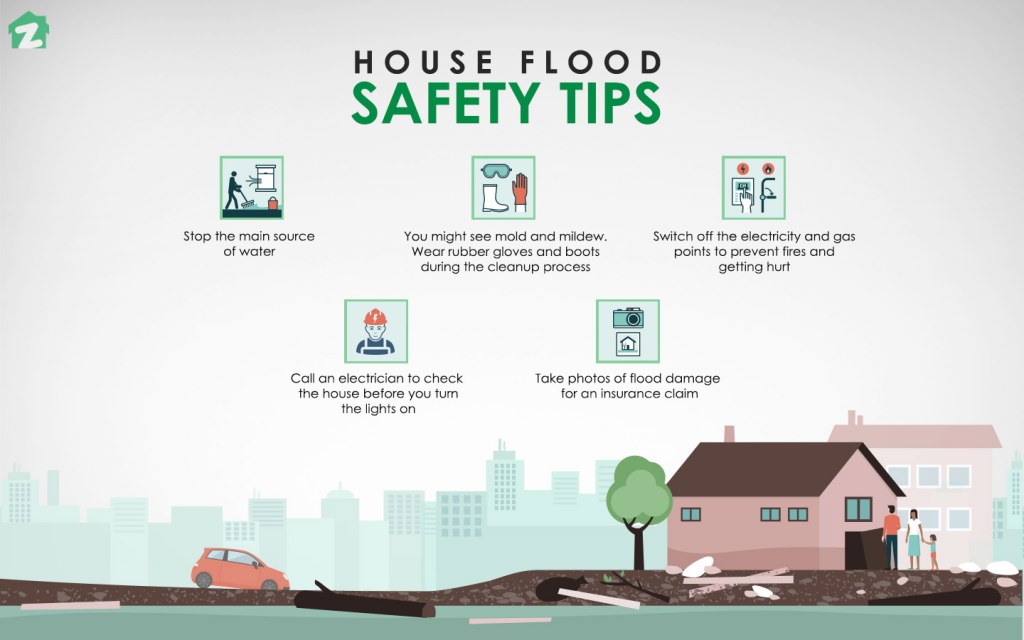
For your convenience, we will break down this piece into three parts. Take a look at these flood safety guidelines and survival tips to follow before, during and after a house flood to protect your life and property from damage.
Before a House Flood
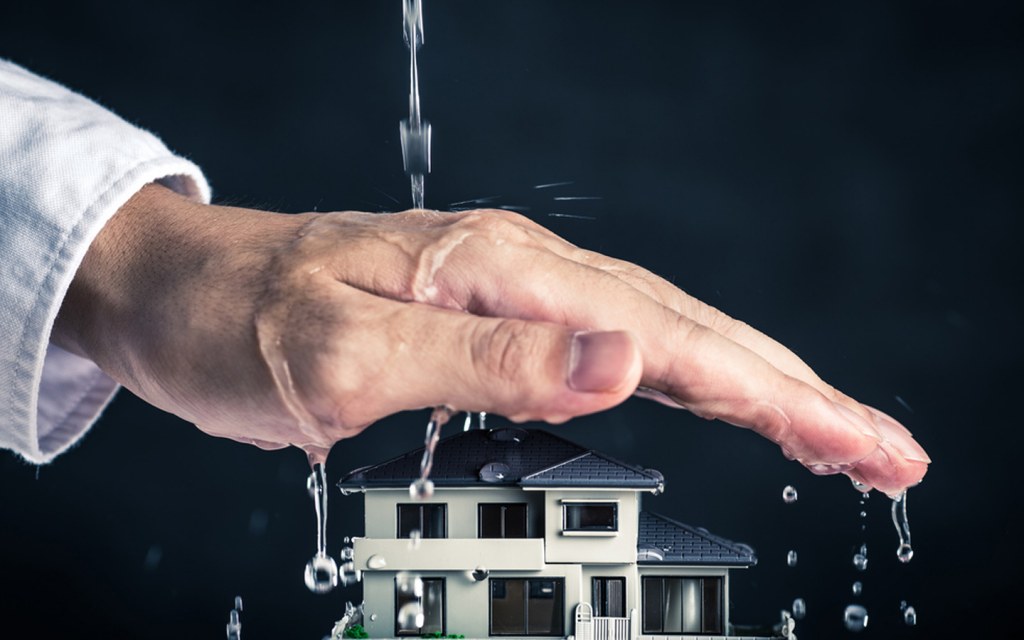
It is always good to be prepared for any natural disaster or untoward incident beforehand. People often wonder: “How can I flood-proof my home?” Well, we’ve got you covered. Here are some tips to follow before a house flood:
- It would be best if you don’t construct your house in a flood-prone area
- If you plan to build a house in a flood-prone area, make sure to keep your house elevated
- If in case you live in a low-lying neighbourhood where there have been incidents of house floods in the past, try buying a flood insurance to help with losses whenever a flood occurs
- Always keep all electrical and gas points, switches, circuit breakers and electrical wiring in an elevated position when building your house in an area susceptible to floods. Moreover, place air conditioning units, fuel tanks, heaters and generators at a higher position than the expected flood level
- Build barriers that can stop the floodwater from entering your house premises
- Seal walls with waterproof material to avoid water seepage resulting in mold and mildew
- One of the best ways to flood-proof your home is to fit flood boards on your windows and doors to prevent water from entering your home. You should also use plastic skirting boards, instead of wooden ones. You will only have to wipe off the surface clean after the water level recedes
During a House Flood
There are important house flood safety tips to follow when the disaster strikes. Let’s say, if the weather forecast warns you of an imminent danger of heavy flooding, you should chalk out an emergency plan. Let’s further discuss which safety measures to take during a house flood.
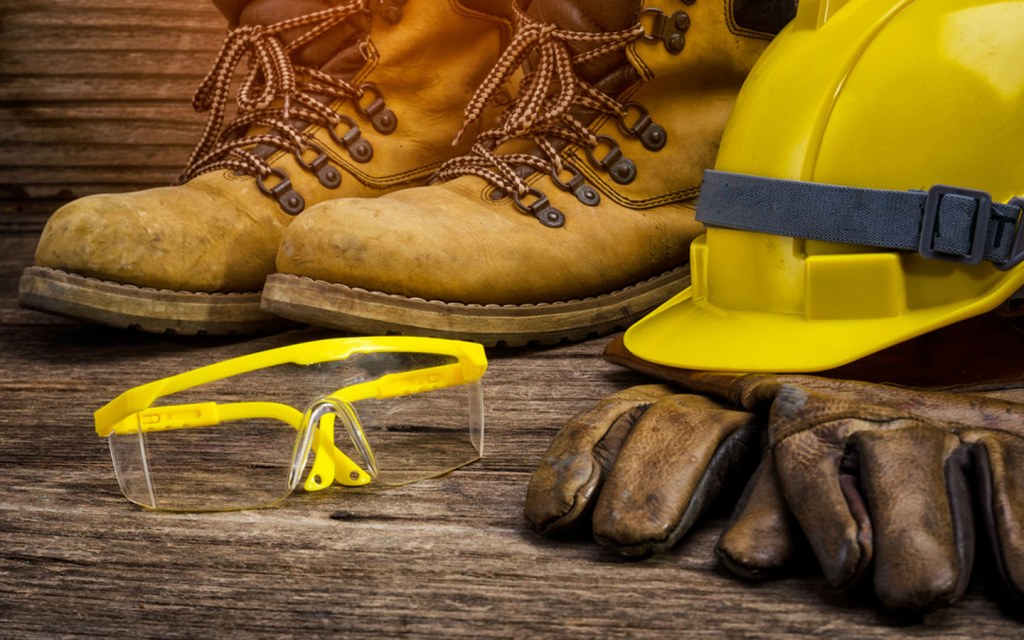
- Just when the weather department of your city warns you of a flood, prepare an easy-to-use emergency kit, which should contain a torch, a radio, some batteries, protective gear like rubber gloves, boots and goggles, prescribed medicines, painkillers and a handy first aid kit. You can also customize the emergency kit as per your needs and preferences
- Keep your electrically charged devices like emergency lights and cell phone completely charged. Also, keep a spare battery-run torch in case the emergency light runs out of charge
- Stop the water from its source. If the water is entering from the ground floor, stack up sandbags or best use flood boards to prevent water from entering the premises
- If you live in a double-storey house, shift important stuff to the top floor, away from the reach of floodwaters. If you have a basement, make sure to remove important documents and books and shift them to the upper floors
- When water starts entering your house, immediately switch off electricity and gas points from the main switch. Disconnect all electrical appliances. Use emergency lights only when needed
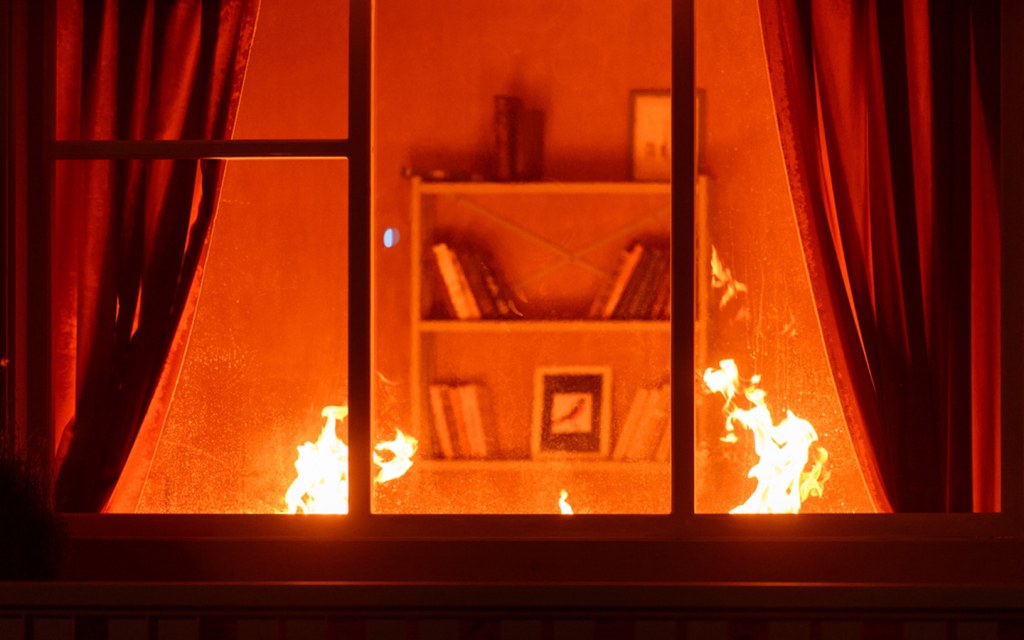
A house flood safety guide is incomplete without mentioning what should be done after the house has been inundated with water. For your convenience, the last part of this blog describes some of the best house flood safety tips. Let’s discuss them.
After a House Flood
Once your house has been flooded with water, it is important to identify the source of the water entering your premises. Check out these house flood safety guidelines.
- If you have evacuated the house, listen up on the radio and make sure to enter the house only when the authorities think it is safe to enter
- Avoid flood waters when entering the house. Why? Because you never know if the water might be contaminated with oil or sewage. The water might also be electrically charged so it is important to be extra careful when entering your abode after a flood
- Wear rubber shoes, gloves and goggles to stay safe, while wading through flood water at home
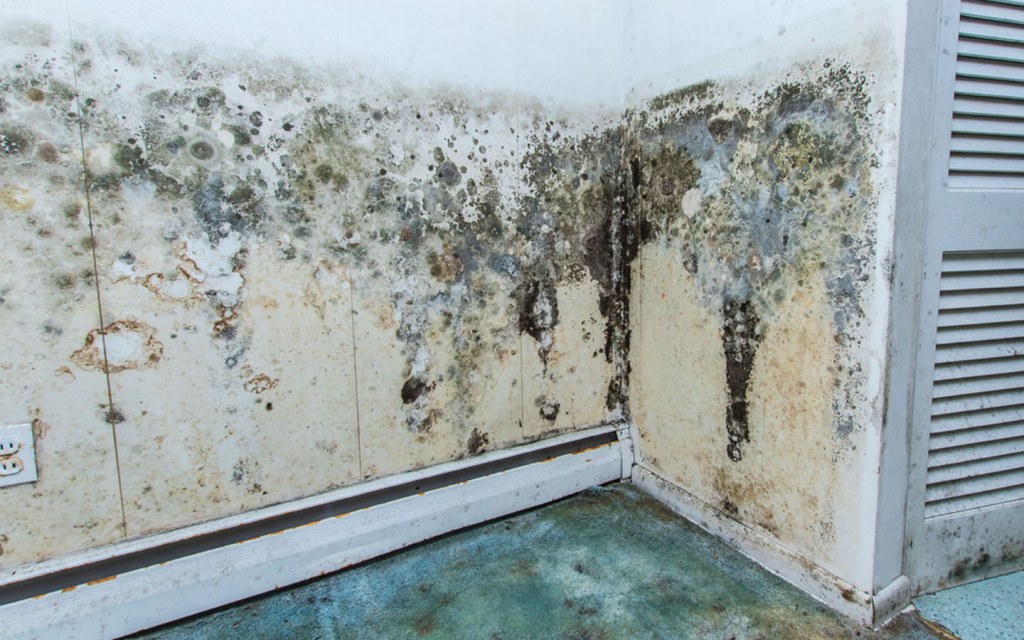
- You might see mould and mildew. Don’t start the cleaning process without wearing the protective gear as mentioned above
- Use a dehumidifier which will help in removing excess water and dampness in the house
- Open up windows to allow fresh air, in case there is any leakage of gas
- Make sure to immediately call an electrician to check the house before you turn the lights on
- If you had bought insurance, it is always a good idea to take photos of flood damage in order to get your insurance claim
So, stay safe by taking these precautions in case there’s a chance of flooding in your area. You can also follow these general guidelines to stay safe in a flood. For more updates, stay tuned to the best lifestyle blog in Pakistan. Don’t forget to write to us at blog@zameen.com. Subscribe to Zameen Newsletter appearing on the right-hand side of the page.



